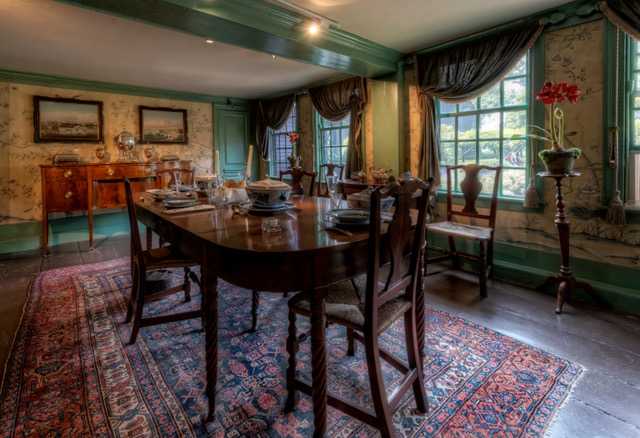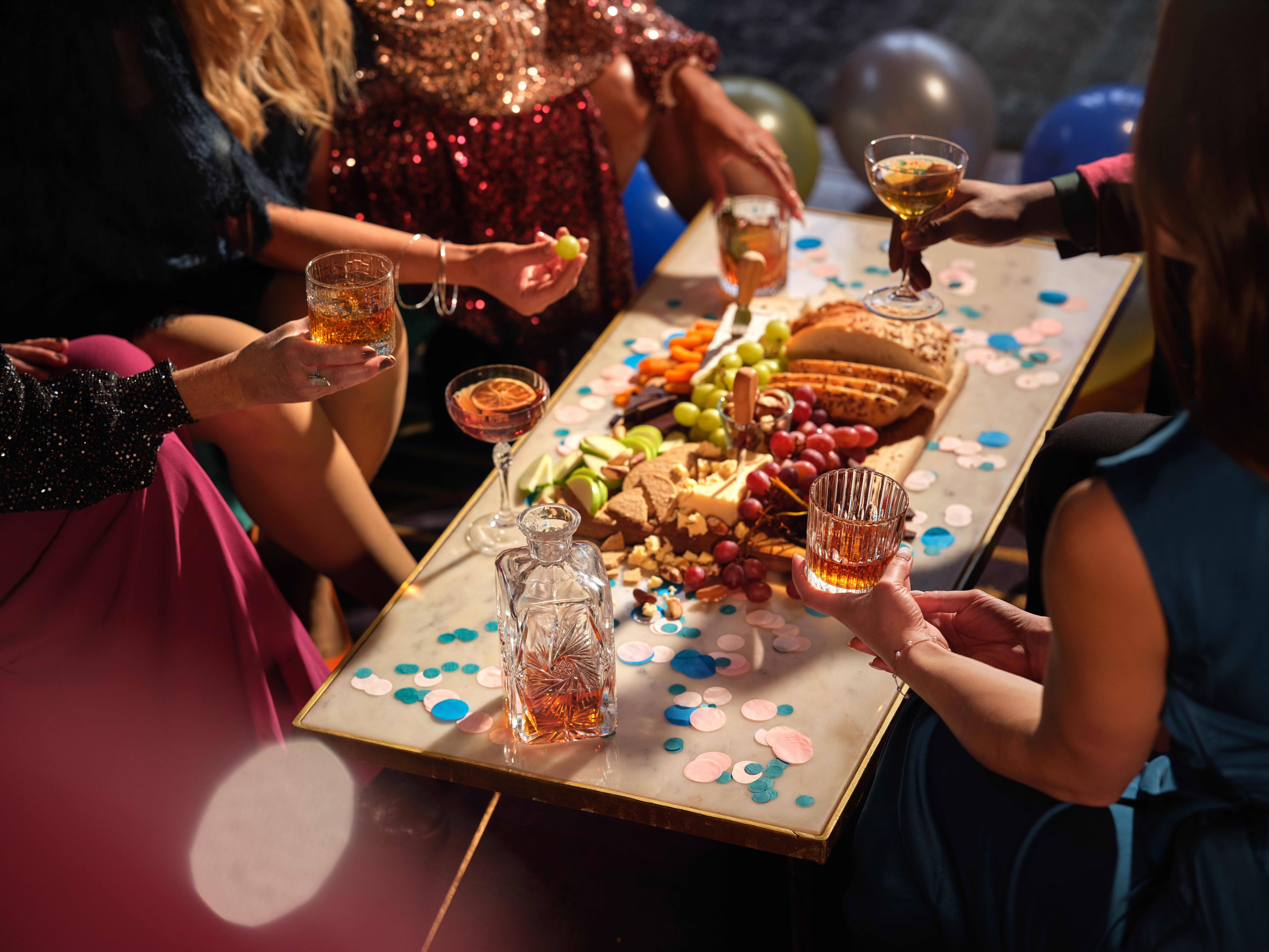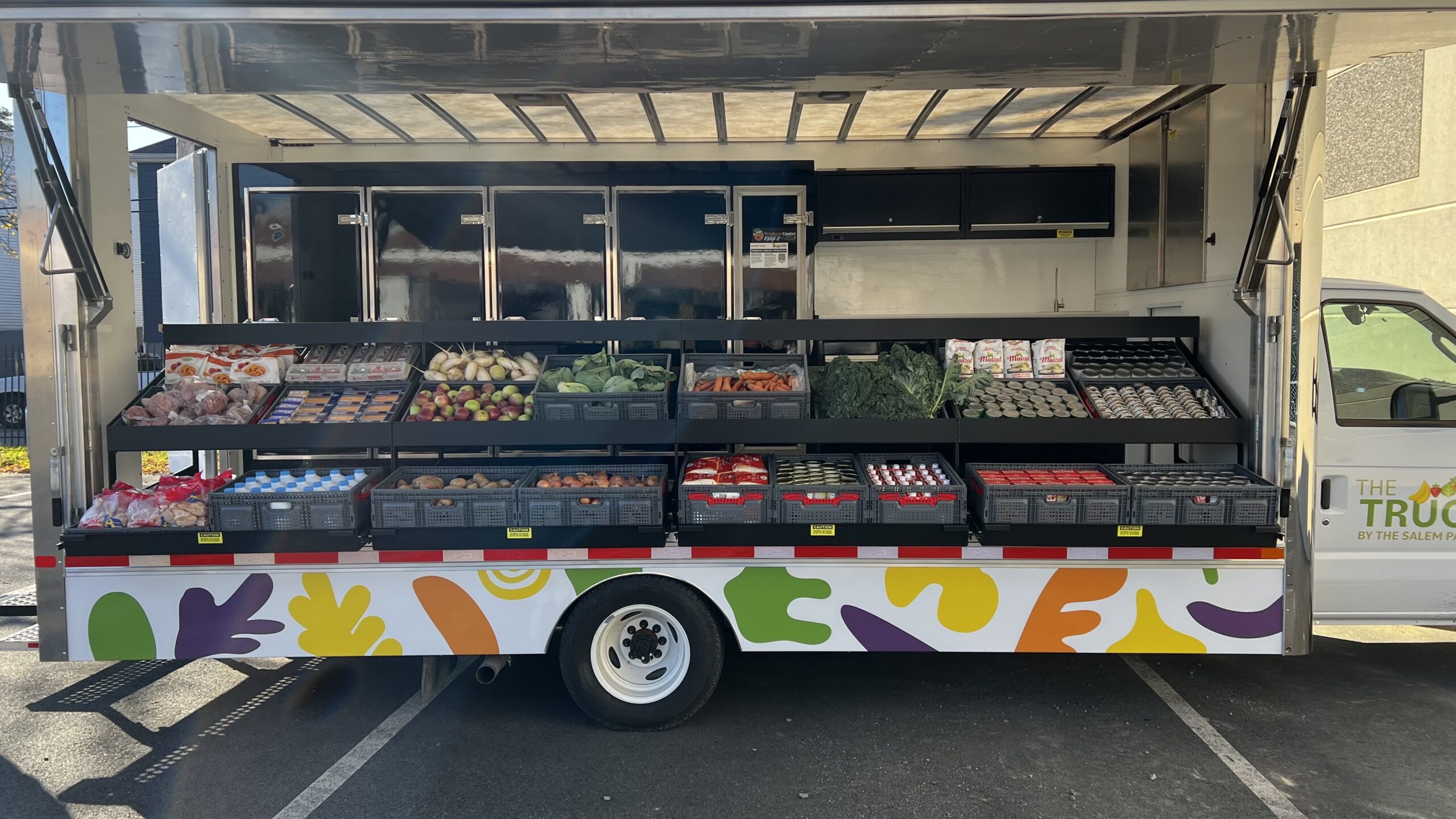

From The House of the Seven Gables
As most parents know, once you introduce sugar to an unsuspecting palate, there’s no turning back. The same is true for adults. Back in the 1600s, sugar was not a regular part of the diet. John Turner, the sea captain who built The House of the Seven Gables, was somewhat instrumental in spreading that joy.
“Sugar was something everyone wanted,” says Gables’ Visitor Services Specialist Kaylee Redard. “Sugar shaped the economy and changed people’s eating habits.” The sugar that Turner traded came from the Caribbean region. According to Redard, by 1650 sugar began to influence eating habits in Great Britain and, by extension, the New England colonists. “It became a hot commodity. As sugar grew less expensive, access trickled down the social ladder.”


On Wednesday, March 31, at 5 p.m., Redard will lead the third in a six-part Colonial Classics food demonstration series in the café at The House of the Seven Gables. Get ready to witness the construction of an apple tart as it was put together around or after 1668 while the Turners occupied the mansion. Though the demonstration will be virtual, those who attend are welcome to participate by asking questions. The popular series is free and open to the public. For more information and to access the link, go to The Gables’ website. What was a three-part series begun in January of this year has attracted so much interest that The Gables opted to produce three more food demonstrations on April 21, May 19 and June 16 — all at 5 p.m. on Wednesdays.
The apple tart, then and now, “checks all the boxes” when it comes to its appeal, says Redard. “But pastry skills were essential because of the tendency to use fruit in baking.”
Anyone who has watched the popular television series, “The Great British Baking Show,” has probably noticed how much the British showcase fruit in their “bakes.” Redard admits to having watched every available episode, so interested is she in British baking. She says the deep dive into British baking helped her create this food demonstration series. Most colonists inhabiting Salem were from England and brought their recipes with them.
She says that because of John Turner’s success as a trader in the mid-1600s, his family enjoyed sophisticated dining including access to the highly sought sugar and spices. When he was home, he took his special seat at the head of the table and enjoyed meals cooked by people the Turners employed.
Julie Arrison-Bishop and Deb Costa will work with Redard to present this cooking demonstration series. Creating colonial meals in a modern kitchen gives Redard a chance to compare meal preparation in 1668 with 2021 meal prep.
Redard says she is thrilled to present this fun and informative cooking series. “We wanted to connect with people during this time when house tours are suspended,” says Redard. “And we know that people like to engage with food.” And at no time in recent memory has family dining and cooking been such an important aspect of daily life as it has been during the pandemic.
About The House of the Seven Gables Settlement Association
The mission of The House of the Seven Gables Settlement Association is to be a welcoming, thriving, historic site and community resource that engages people of all backgrounds in our inclusive American story. For more information visit www.7gables.org.
Stories are at the core of what we do at The House of the Seven Gables. They are not just a part of our past, but also our present and future. In 2021, we look forward to exploring the lore of our historic site and surrounding community with a special series of lectures, programs and events.


This month, Creative Collective is celebrating Women’s History Month! Follow along as we tell the stories of women small business owners and woman-led organizations.
And make sure to use the hashtags #shareHERstory, #shareTHEIRstory*, or #shareyourstory to highlight the women, the femmes/fems, and the non-binary/genderqueer individuals in your community who have and are continuing to inspire you.







